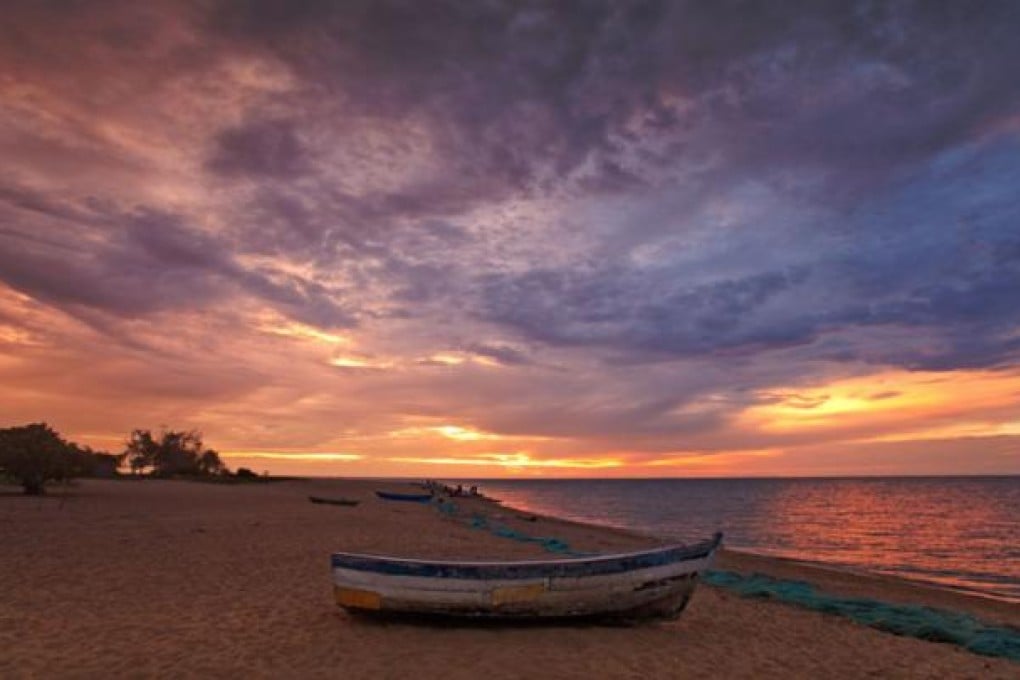Voyage of discovery
Lake Niassa offers the same stellar attractions that legendary explorer David Livingstone experienced while searching for the source of the River Nile in 1859

Looking down at the squirming chambo clasped tightly in my hand, I'm not sure whether to liberate it or eat it for dinner. After a paltry five-minute pull on the net that landed this plump and shiny fish, I certainly haven't earned it. Returning my prize to the waters of Lake Niassa, however, might just be the best way to transform a village full of happy, smiling Mozambicans into a raging mob.
It seems as though most of Messumba has turned out on the lakeside beach to rein in a trio of submerged mosquito nets. For the past few hours, six lines of well-muscled fishermen and gleeful kids have sweated, strained and cavorted on the sand as each parachute of ultrafine meshwork has inched its way towards the shore. By the time the aquatic spoils are being meted out, a fiery sun is low on the horizon.
Lake Niassa, also known as Lake Malawi, is an African Great Lake shared between Malawi, Mozambique and Tanzania. It was David Livingstone, searching for the source of the River Nile, who "discovered" Lake Niassa in 1859, naming it the Lake of Stars for its nocturnal, lantern-wielding fishermen. Today, it still offers the intrepid some stellar attractions.
The eighth-largest body of fresh water in the world, Niassa is home to more than 1,000 species of fish - 95 per cent of them endemic. Despite this record-breaking biodiversity, many fishing communities along its edge live well below the poverty line.
Much of the lake is under threat from overfishing. Mosquito nets, such as those in use at Messumba, may double up as bargain-basement fishing nets, but they effectively strip the lake of every sizeable life form. It seems a bit soon to be lecturing the locals on the error of their ways, especially when they have been generous enough to share their catch. After two days of steady canoeing from the idyllic Nkwichi Lodge, the only luxury retreat on Niassa's Mozambican shores, my aching body is ready for dinner and a couple of chilled 2M beers, not an argument.
"Things are actually starting to change round here," says Malcolm Turner, the Nkwichi Lodge manager, as we tuck into a mouthwatering chambo curry straight from the camp kitchen. "The World Wildlife Fund and USAID have helped set up a reserve in the Mozambican part of the lake. Mosquito net fishing has been banned and fishermen are being encouraged to use proper nets."